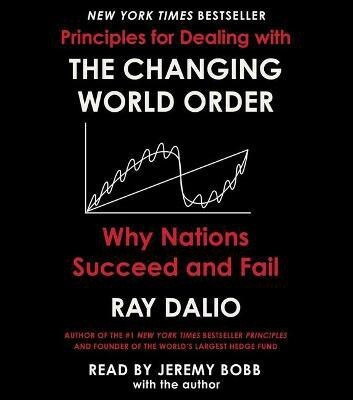
IGNOU BNS 14 Resource Management | Guess Paper | Important Question Answer | Diploma in Nursing Administration (DNA) (Paperback, BMA Publication)
Share
IGNOU BNS 14 Resource Management | Guess Paper | Important Question Answer | Diploma in Nursing Administration (DNA) (Paperback, BMA Publication)
Be the first to Review this product
₹250
₹399
37% off
Available offers
T&C
T&C
Delivery
Check
Enter pincode
Delivery by26 Jun, Thursday
?
if ordered before 1:59 PM
View Details
Highlights
- Binding: Paperback
- Publisher: BMA Publication
- ISBN: 9780206122362
- Edition: Latest, 2024
- Pages: 80
Services
- Cash on Delivery available?
Seller
Description
Introduction to Resource Management: Understanding the importance of resource management in healthcare organizations, including hospitals, clinics, and nursing homes.
Financial Resource Management: Managing financial resources in healthcare settings, including budgeting, financial planning, revenue generation, and cost control.
Human Resource Management: Managing human resources in healthcare organizations, including recruitment, staffing, training, performance evaluation, and professional development of nursing staff.
Material Resource Management: Managing material resources such as medical supplies, equipment, and pharmaceuticals in healthcare settings, including procurement, inventory control, and distribution.
Information Resource Management: Utilizing information technology and healthcare informatics for managing health information, electronic health records (EHRs), and data analytics to support decision-making processes.
Facility Management: Managing healthcare facilities, including maintenance, safety, security, and compliance with regulatory standards and accreditation requirements.
Quality Improvement: Implementing quality improvement initiatives to enhance the quality of patient care and organizational performance, including quality assurance, performance measurement, and continuous improvement processes.
Risk Management: Identifying and managing risks in healthcare settings, including risk assessment, mitigation strategies, and incident reporting to ensure patient safety and regulatory compliance.
Ethical and Legal Considerations: Addressing ethical dilemmas and legal issues related to resource management in healthcare, including patient rights, confidentiality, and professional liability.
Strategic Planning: Developing strategic plans for resource management in healthcare organizations, including goal setting, resource allocation, and performance measurement to achieve organizational objectives.
Read More
Specifications
Book Details
| Publication Year |
|
| Book Type |
|
| Exam |
|
| Number of Pages |
|
| Net Quantity |
|
University Books Details
| Stream |
|
| Degree/Diploma |
|
| Specialization |
|
Additional Features
| Age Group |
|
In The Box
|
Be the first to ask about this product
Safe and Secure Payments.Easy returns.100% Authentic products.
Back to top




